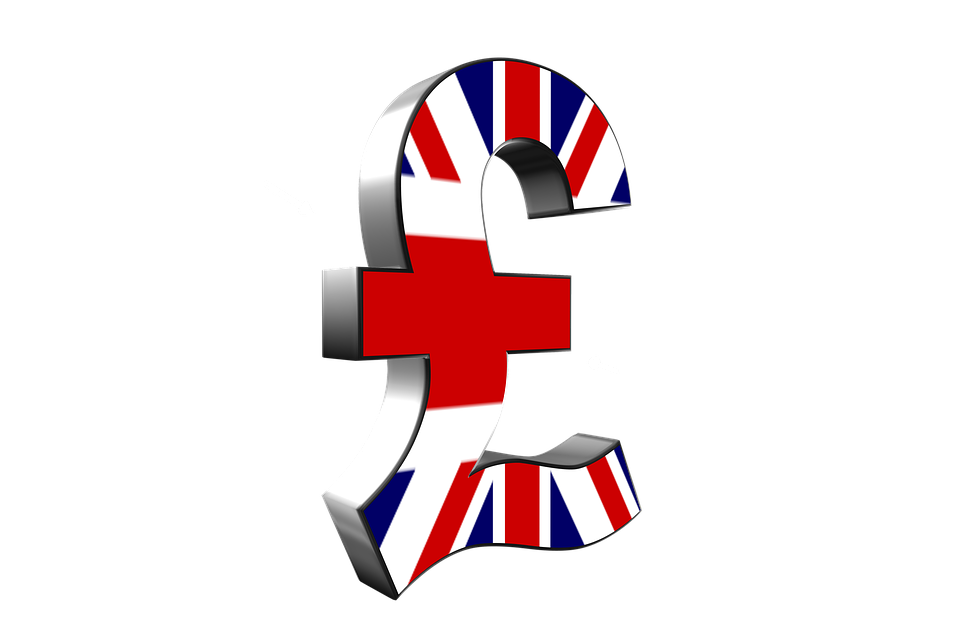UK economy is losing steam as households face a tightening cost-of-living squeeze, according to data published on Friday which showed sliding retail sales and consumer confidence approaching all-time lows.
The pound slid by more than a cent to fall below $1.29 for the first time since November 2020 after official data and surveys of consumers and businesses pointed a sharp growth slowdown, or worse, in the coming months.
A closely watched gauge of business activity from S&P Global showed growth slowed by more than expected this month as companies grappled with surging costs and became much gloomier about the outlook.
Official data showed retail sales volumes slid by 1.4% in March from February, a worse reading than any economist forecast in a Reuters poll.
Earlier on Friday, market research firm GfK said consumer confidence slumped this month to close to its lowest level since records began nearly 50 years ago.
To find out more about how we can assist you with your Second Charge Mortgage please click here
Overall, the data underscored growing concern at the Bank of England about the opposing challenges of weakening demand and inflation at a 30-year high of 7% and likely to rise further beyond the central bank’s 2% target.
Governor Andrew Bailey said on Thursday the BoE was walking a tight line between tackling inflation and avoiding recession, a challenge facing other major central banks around the world.
“Whether the UK heads into a recession is still an open question,” said ING economist James Smith, who highlighted the potential for savings that many households built up during the coronavirus pandemic to continue driving growth.
“The jury’s out, but we think the Bank of England is more likely to hike interest rates once or twice more, before pressing the pause button over the summer.”
The S&P Global Composite Purchasing Managers’ Index fell in April 57.6 from 60.9. While still comfortably above the 50 threshold for growth, economists polled by Reuters had mostly expected a smaller fall to 59.0.
Consumer-facing businesses will likely face a tough time in the months ahead, with GfK’s gauge of households’ confidence about their finances in the future slumping to a record low.
The Office for National Statistics said food and petrol sales fell sharply last month and it cited rising prices as possible explanations for the falls. Online retail sales also declined.
Retail sales volumes are 2.2% above their level in February 2020 but they are a long way behind where they would have been if growth had continued along its pre-pandemic trend, Keith Church, an economist from risk consultancy 4most, said.
Earlier this month, Tesco (TSCO.L), Britain’s biggest retailer, warned of a drop in profits as high inflation squeezes the supermarket group and its customers.
Reporting by Andy Bruce
Source: Reuters
Discover our Second Charge Mortgage Broker services.

